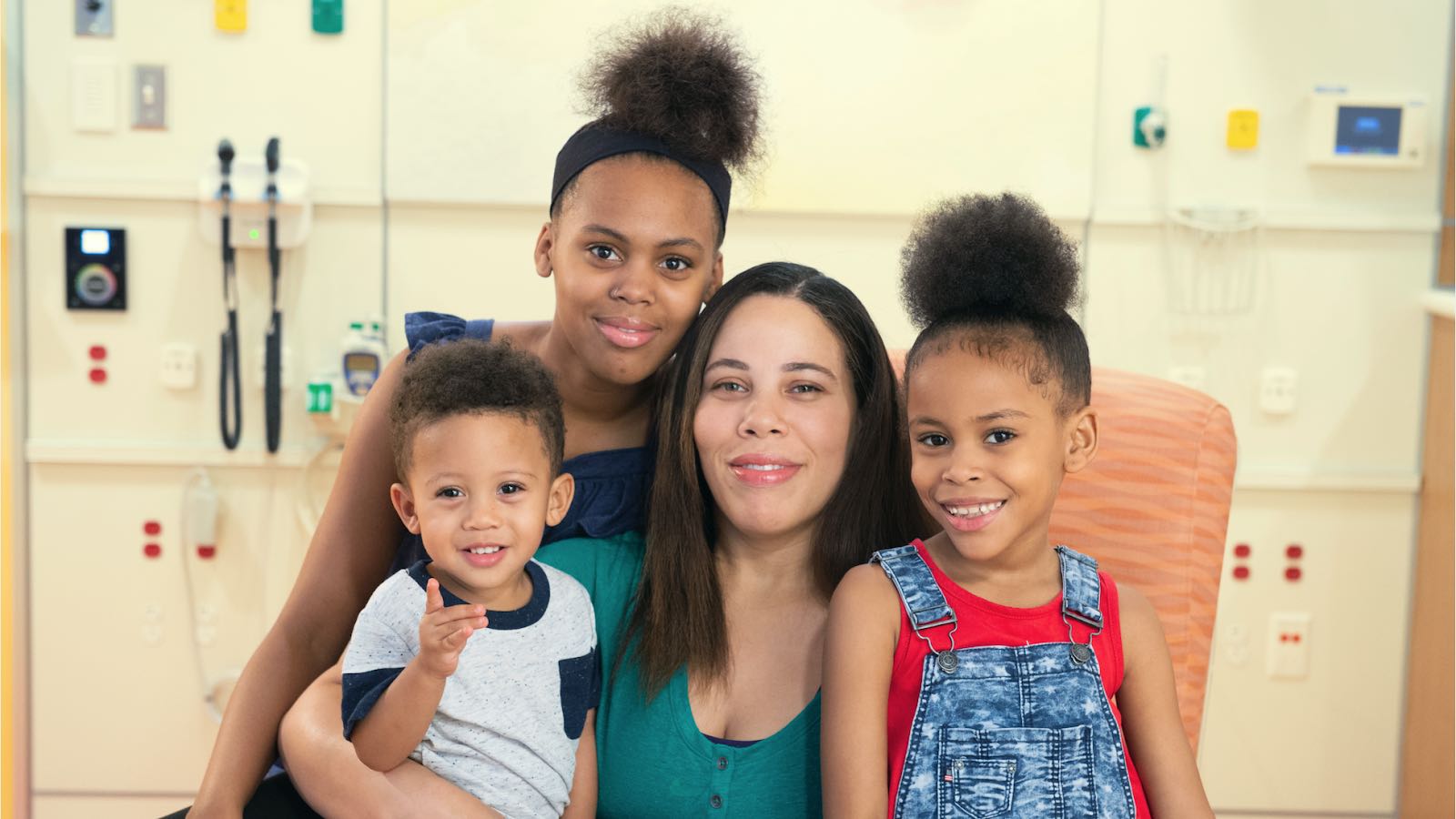World Sickle Cell Day is June 19 and St. Jude Children’s Research Hospital® is continuing its mission to expand awareness of how the disease affects African-American families across the country.
Sickle cell disease is one of the most common blood disorders in the country, and although the inherited blood disorder can affect all races, African-American and Hispanic people are more likely to be born with it. More than 300,000 infants across the world are born with sickle cell disease and approximately 100,000 people have sickle cell disease In the United States.
Sickle cell disease causes red blood cells to become hard and sickle-shaped. The shape of the cells prevents normal blood flow in the body, which can cause painful and sometimes life-threatening side effects. People with the disease have a mid-40s average life expectancy, but through research and medical treatment, that lifespan is increasing.
The sickle cell trait is usually inherited from one parent and it can be inherited like an eye or hair color. If both parents have the trait, they have a 25 percent chance with each pregnancy of bearing a child with hemoglobin SS disease, the most common type of sickle cell disease.
The sickle cell trait affects one out of 12 African-Americans and about one out of 365 African-American babies born in the U.S. have sickle cell disease. St. Jude has one of the largest pediatric programs in the country for the disease and treats between 850 and 900 patients in the region. St. Jude also freely shares the discoveries it makes, so doctors worldwide can use that information to save more children’s lives.
St. Jude patient, Mya, is undergoing treatment for sickle cell disease. She’s pictured with her
grandmother, Susie.
Kids like Mya, 10, are currently undergoing treatment at St. Jude.
“Mya was a preemie,” said her grandmother, Susie. “She weighed two pounds when she was born and was in the NICU for several months. As soon as we learned she had sickle cell disease, she became a St. Jude patient.”
When Mya was three years old she had surgery to remove her spleen. She has been hospitalized for pain crises, a common symptom of those who have sickle cell, and takes penicillin and hydroxyurea daily. She visits St. Jude every month for checkups.
“Mya is starting to understand sickle cell disease,” said Susie. “She’s beginning to realize the signs of a pain crisis and she’s learning what she can do to help herself. Her nurses are great, always letting her know what they’re doing. St. Jude has been great about educating Mya and our whole family.”
When Mya grows up, she wants to work at St. Jude.
For more than half a century, St. Jude scientists have researched sickle cell disease to help patients like Mya. The hospital has reached major milestones such as being the first in the world to cure sickle anemia patients through a stem cell/bone marrow transplant in 1983.
Today, St. Jude is working on many efforts to enhance treatment for sickle cell disease, such as through innovative gene therapy. The hospital is also leading the Sickle Cell Clinical Research and Intervention Program (SCCRIP), which studies how sickle cell disease progresses from childhood into adulthood.
Many supporters, including influencers and St. Jude Family Ambassadors Devale and Khadeen Ellis, believe donating to St. Jude on World Sickle Cell Day can help a lot of people in our community affected by the disease.
“Sickle cell is important to us because my wife (Khadeen) has the sickle cell trait,” Devale said. Khadeen continues, “I have the trait, but Devale does not, so thankfully, none of our boys have sickle cell disease. However, two of my three boys do have the trait. As a parent, I know what it feels like to have a sick child and not know what to do.”
For those who would like to donate to St. Jude visit here and see why Khadeen decided to use her social media platform to bring awareness below:
Do you have a sickle cell experience you want to tell? Feel free to us your story through our Blavity Op-Ed platform by following the steps outlined here.
